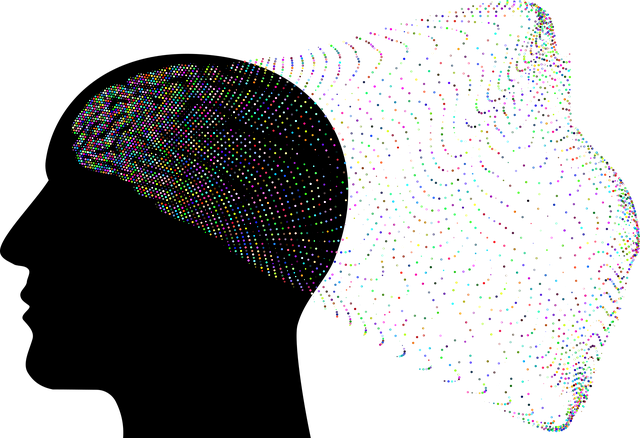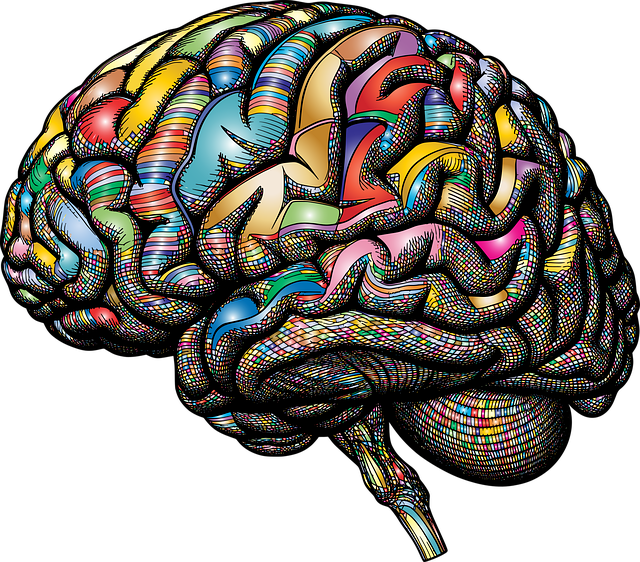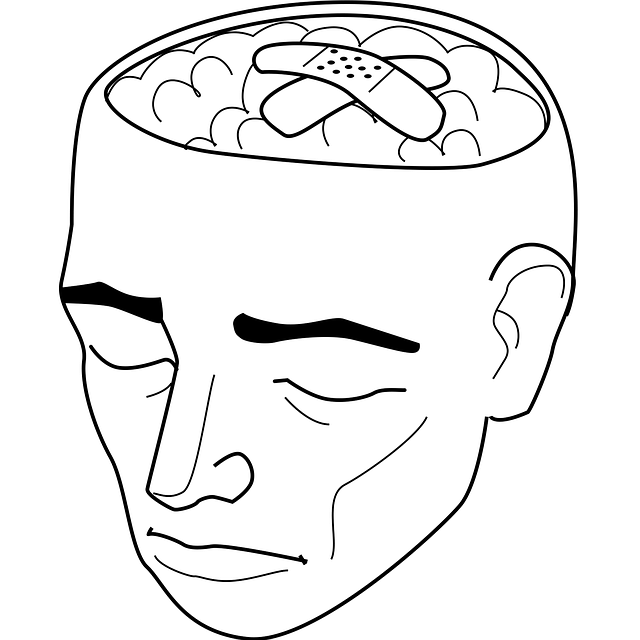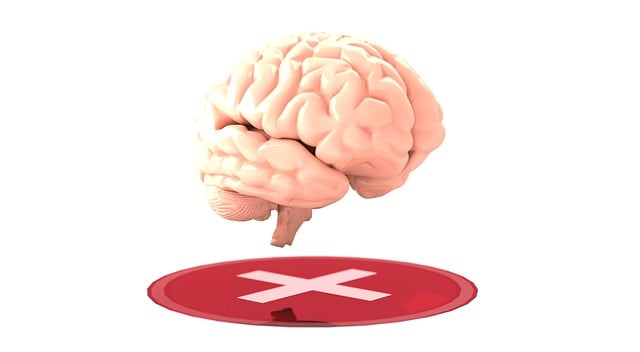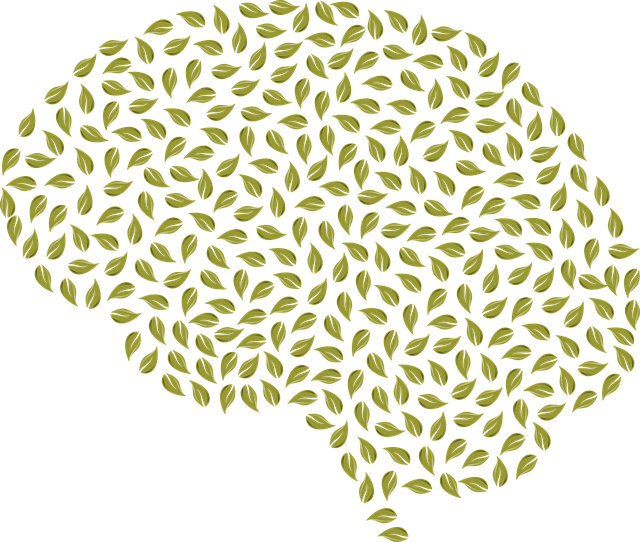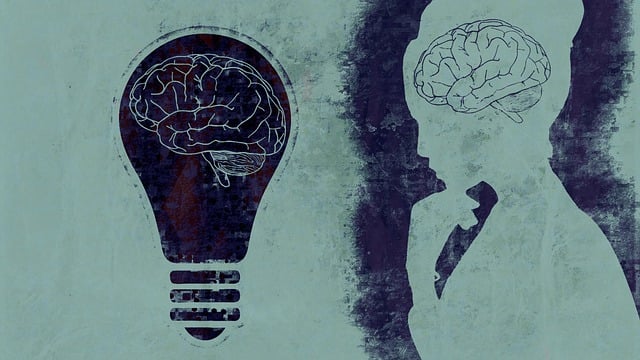Mental health education programs tailored for Greenwood Village focus on literacy, prevention, and empowerment through stress reduction, mindfulness, and professional training. These initiatives, integrated into schools and community centers via interactive workshops, combine theoretical knowledge with practical tools. By addressing substance abuse, emotional regulation, and cultural competency, these programs enhance academic success, foster support networks, and revolutionize mental health care in Greenwood Village, leveraging the expertise of Greenwood Village Drug Abuse-Substance Abuse Therapy.
Mental health education is a cornerstone of holistic well-being, yet designing effective programs remains a challenge. This article explores strategies for creating comprehensive mental health initiatives, focusing on breaking stigma and empowering communities. We delve into program structure, age-appropriate curriculum design, and engaging activities fostering behavioral change. Furthermore, we highlight Greenwood Village’s innovative approach by integrating Drug Abuse-Substance Abuse Therapy within educational settings, offering a unique model that could revolutionize mental healthcare delivery.
- Understanding Mental Health: Breaking Stigma and Educating Communities
- Program Structure: Creating a Comprehensive Curriculum for All Ages
- Effective Strategies: Engaging Activities for Lasting Behavioral Change
- Greenwood Village's Approach: Integrating Drug Abuse-Substance Abuse Therapy in Educational Settings
Understanding Mental Health: Breaking Stigma and Educating Communities

Mental health education programs play a pivotal role in fostering understanding and breaking down stigma surrounding mental illness. By educating communities, especially in areas like Greenwood Village known for drug abuse and substance abuse therapy needs, we can create an environment where individuals feel empowered to seek help early. These programs should focus on raising awareness about various mental health conditions, dispelling myths, and providing actionable strategies for support.
One effective approach is integrating stress reduction methods and mindfulness meditation techniques into the curriculum. Teaching participants how to manage stress and cultivate a mindful presence can serve as powerful tools for preventive care. Furthermore, risk assessment training for mental health professionals should be prioritized to ensure that those within the community have access to qualified support and guidance when facing mental health challenges.
Program Structure: Creating a Comprehensive Curriculum for All Ages

In designing a mental health education program with a broad appeal across various age groups, it’s essential to create a curriculum that is both engaging and comprehensive. The program should cater to the unique needs and developmental stages of participants, ensuring that content is accessible and relevant for all, from adolescents to adults. A structured approach can include dedicated modules on coping skills development, emotional regulation techniques, and mindfulness practices tailored to age-specific challenges. For instance, teens might benefit from interactive workshops focusing on stress management and peer support, while older adults may require more subtle strategies for maintaining mental well-being in the face of life transitions.
Integrating evidence-based practices, such as those offered by Greenwood Village Drug Abuse-Substance Abuse Therapy, can lend credibility to the program. Additionally, incorporating cultural competency training for healthcare providers ensures a sensitive and inclusive environment, reflecting diverse perspectives within the community. This holistic approach not only enhances learning but also promotes long-lasting positive outcomes, empowering individuals with the tools to navigate their mental health journeys effectively.
Effective Strategies: Engaging Activities for Lasting Behavioral Change

In designing a mental health education program aimed at promoting emotional well-being and reducing the stigma surrounding mental illness, engaging activities are key to driving lasting behavioral change. Interactive workshops that blend theoretical knowledge with practical exercises have proven effective in fostering understanding and self-awareness. For instance, role-playing scenarios can help participants navigate challenging conversations related to mental health openly and with empathy. Similarly, group discussions and sharing sessions encourage peer learning and build a supportive community, vital for those dealing with substance abuse issues at Greenwood Village Drug Abuse-Substance Abuse Therapy centers.
Emotional well-being promotion techniques such as mindfulness exercises and stress management strategies can be woven into the program’s fabric. These activities not only equip individuals with tools to cope with stress but also deepen their understanding of mental illness, thereby reducing stigma. By integrating these emotional well-being promotion techniques into engaging, interactive sessions, the program becomes more than just educational; it becomes a transformative experience that empowers participants to take charge of their mental health and support others in similar situations at Greenwood Village Drug Abuse-Substance Abuse Therapy facilities.
Greenwood Village's Approach: Integrating Drug Abuse-Substance Abuse Therapy in Educational Settings

Greenwood Village has pioneered an innovative approach to mental health education by seamlessly integrating Drug Abuse-Substance Abuse Therapy into educational settings. This holistic strategy recognizes that addressing substance abuse is integral to overall well-being and academic success. By incorporating therapeutic practices like Mind Over Matter Principles, schools become safe spaces where students learn Empathy Building Strategies, fostering a supportive environment.
Through interactive workshops and group discussions, Greenwood Village equips both students and educators with essential Stress Management tools. This proactive method not only prevents drug abuse but also enhances academic performance and social-emotional development. By combining therapeutic interventions with educational programs, Greenwood Village is revolutionizing how mental health is addressed in schools.
In conclusion, designing an effective mental health education program requires a multifaceted approach. By breaking down stigma and providing comprehensive curricula for all ages, we can foster engaging activities that lead to lasting behavioral change. The integration of proven strategies, such as those employed by Greenwood Village’s Drug Abuse-Substance Abuse Therapy programs, ensures that communities receive the support they need to navigate mental health challenges. Through collaborative efforts and innovative programming, we can create a more inclusive and supportive environment for everyone’s well-being.
